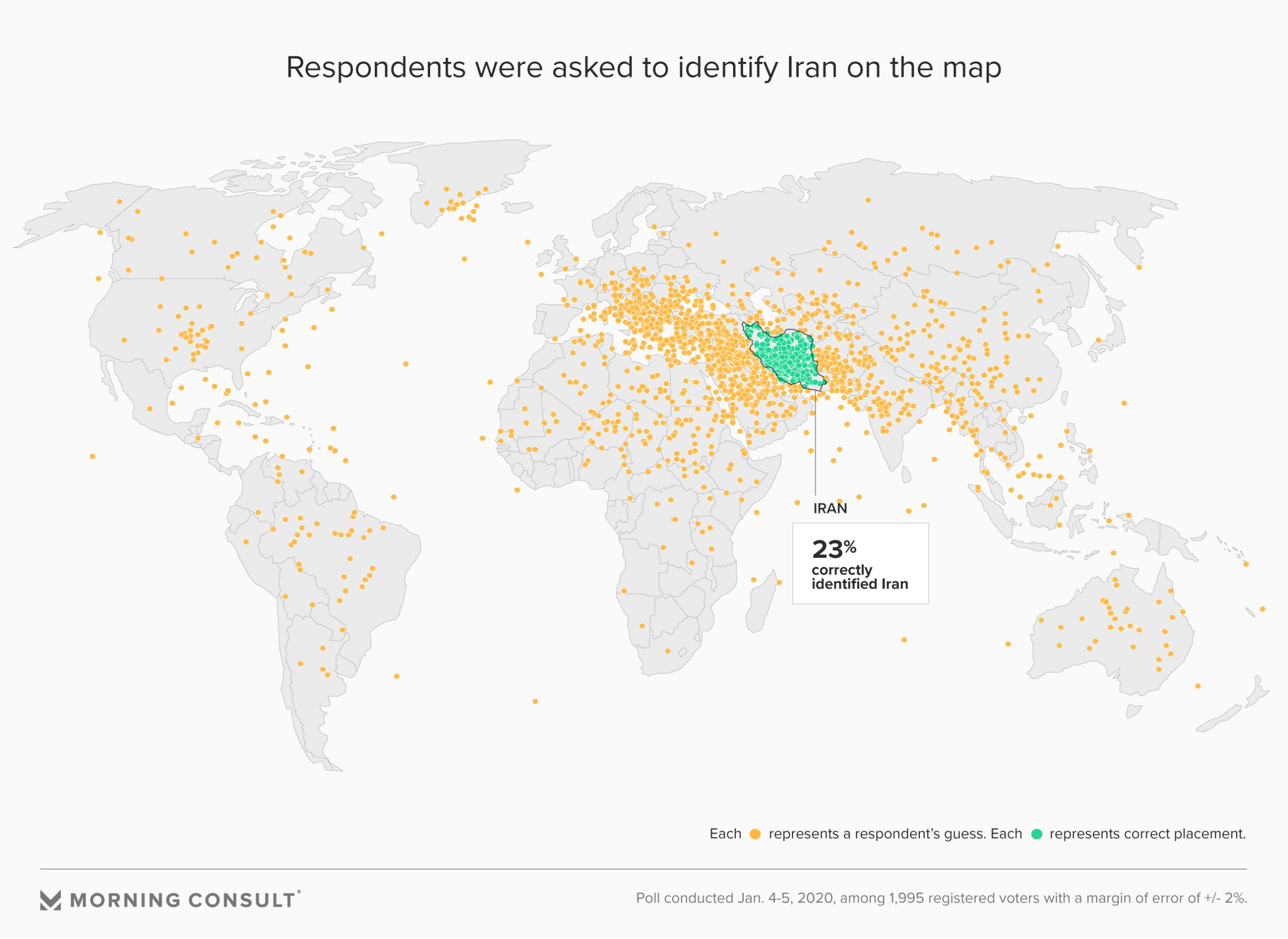Back in May, there was a really bad Herald story on pomegranates. At the time, I said,
Well, what we have is a story based on a press release about a small, unpublished, uncontrolled, open-label study. The most positive one could possibly be about this is “It will be worth waiting for the real publication” or, perhaps, “I hope it’s not true, because messing with steroid hormones like that is scary”.
Since bloggers always complain about the lack of follow-up in mainstream media, I should report back on what has happened since. There still isn’t a publication, but there is an abstract of a conference presentation.
It’s still a small non-randomized open-label study, and one that I would call uncontrolled (in the sense that there aren’t any control participants). The researchers call it ‘controlled’, presumably because there are control measurements before the pomegranate juice was started. There was a decrease in blood pressure and an increase in salivary testosterone. The blood pressure decrease (4/2.5 mmHg) isn’t very impressive, especially for an open-label study. I don’t know how impressive the testosterone difference is.
The abstract, amazingly, doesn’t actually give the dose of pomegranate juice that was used. The abstract for a previous study of the same size and duration by the same researchers used 500ml/day. According to a newspaper story this was PomeGreat brand juice, meaning that 500ml is 5 times the serving size on the package. I found a price of GBP3.39 (about NZ$ 6.60) for this daily dose (that’s the pure juice as used in the research; there are cheaper blends).
The abstract specifically says there were no conflicts of interest and no direct external funding. In previous studies the pomegranate juice has been supplied by a manufacturer, which I would have considered worth reporting as a conflict and as a source of funding. However, the research idea did come from the researchers, not the company.
So, what other research is there that might be relevant? A PubMed search for “pomegranate testosterone” gives just four papers. Only one is in live people, a study looking at pomegranate extract in prostate cancer. This didn’t find any differences in testosterone between the two doses they examined. Interestingly, this study was motivated by the idea that pomegranate would help by reducing the production of male sex hormones.
The problem with the pomegranate research is that it’s extremely widely publicised, without having been published in peer-reviewed journals. This gives the impression of more scientific scrutiny of the results than has actually occured. And it’s not that this publicity just happened. Since the results weren’t published, no-one would know about them without the help of some professional publicity machine. This phenomenon is clearly to the benefit of people selling pomegranates, but not to science or nutrition. An Ireland Advertising Standard Authority decision does illustrate one way that individuals can fight back.
The conclusion is still the same as last time:
The findings about pomegranate juice could be true, but it’s clear that the target isn’t people who actually care whether they are true.
